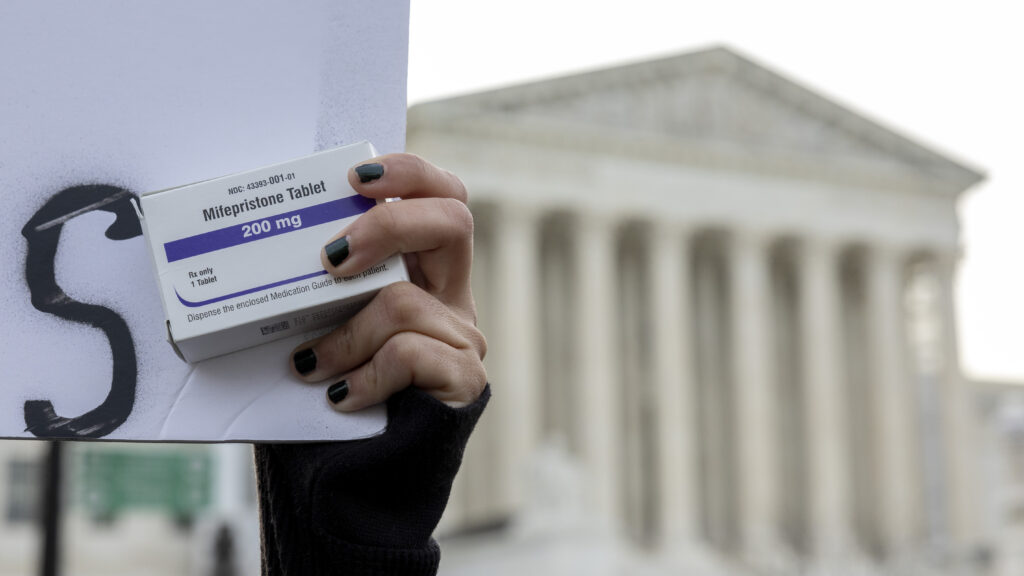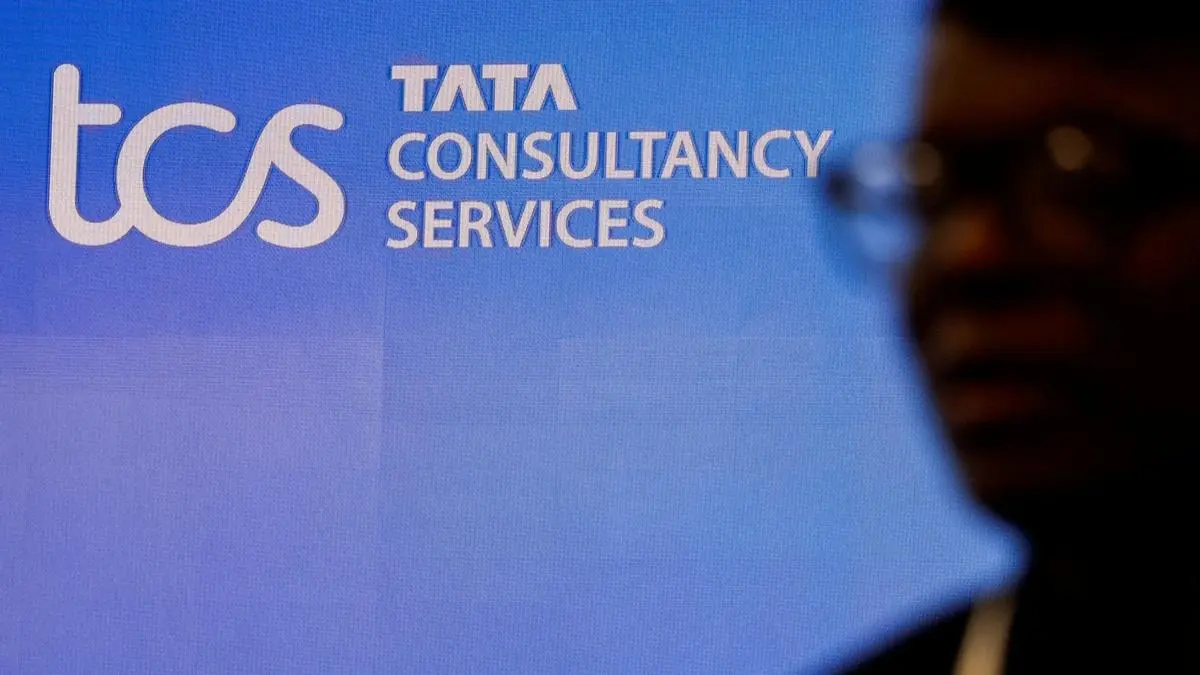
When the Food and Drug Administration approved mifepristone, the abortion pill, on Sept. 28, 2000, none of us working on expanding access to reproductive health care could have imagined the future we find ourselves in 25 years later. From the fall of Roe in 2022 and the subsequent banning or restriction of abortion in 19 states, to South Carolina’s recent efforts to include some forms of birth control in its total abortion ban, access to the basic medical care and medications that allow us to control our reproductive destinies is hanging by a thread. In the midst of this reproductive health care apocalypse, mifepristone is proving itself to be a hero in the fight for abortion access.
Mifepristone was first approved in 1988 in France, where it was developed by Roussel-Uclaf and known as RU-486. I was a graduate student studying public health at that time and remember the thrill of possibility I felt upon hearing the news. I resonated with the French minister of health’s declaration that mifepristone was “the moral property of women.” I even used the news of its first approval as the basis for an assignment in which we were supposed to advocate for a public health intervention. I remember how easy it was to advocate for the many benefits mifepristone could bring to women’s health.
Advertisement
Yet despite mifepristone’s promise and the ample research documenting its excellent safety profile, approval in the United States was delayed by 12 years. We can blame politics for that. Even when it was finally approved in 2000, the restrictions imposed on it were so great that the expanded access those of us working on abortion access had all hoped for — getting a prescription directly from your primary care provider and picking it up at a local pharmacy — was thwarted right out of the gate. The FDA’s imposition of medically unnecessary requirements that limited prescribing to specially registered doctors and prohibited pharmacy dispensing severely limited this essential medication. Instead of the expanded access we had hoped for, the medication was only available through the existing abortion care infrastructure, leaving it siloed and stigmatized.
One of mifepristone’s superpowers is its exceptional safety profile. From the beginning, research documented its safety, especially when compared with the risks of carrying a pregnancy to term. It is safer than Viagra or penicillin.
Now, decades later, we have mountains of data that reinforce the findings of early studies documenting its safety. Recent studies also have expanded our understanding of its safety when provided by telehealth, used later in pregnancy, and used outside of the traditional medical system, often called self-managed use.
Advertisement
It is precisely these characteristics of mifepristone — its solid safety profile and its ability to be used safely outside of the medical system — that have enabled it to play a disruptive and transformational role in today’s access landscape.
It was initially mifepristone’s partner pill, misoprostol, that illuminated a path forward for safe, effective self-managed abortion. Women in Brazil, noting the “may cause miscarriage” on the labeling of a common ulcer medication, began using misoprostol to safely induce a miscarriage. Even though abortion was illegal in Brazil, an incomplete miscarriage could be legally — and safely — treated within Brazil’s health care system. This innovation in self-managed abortion resulted in a drastic reduction in women dying from sepsis. When mifepristone became available, it was paired with misoprostol, resulting in a regimen that was more effective and had fewer side effects than using misoprostol alone. This is now the most commonly used abortion regimen in the United States.
Now, mifepristone is under attack by the anti-abortion movement, an attack that is being aided and abetted by the Trump administration. In May, health secretary Robert F. Kennedy Jr. ordered the FDA to review regulations around mifepristone, citing “new data” from a study that has been widely panned by experts as misleading pseudoscience produced by anti-abortion groups. Just last week, he wrote a letter to Republican attorneys general indicating that the FDA is moving forward with this review. During her confirmation hearing in January, Attorney General Pam Bondi said she would look into enforcement of the Comstock Act, a long-dormant “anti-vice” law from 1873 that would attempt to prevent people from using the postal service to mail the FDA-approved medication within the U.S. altogether. And various red states, particularly Texas, have spent their legislative terms concocting new and innovative legal strategies to try to stop suppliers and doctors from mailing pills into their states.
Advertisement
But even if all of these barriers are put into place, they will not stop access to abortion pills. Over the past dozen years, my organization, Plan C Pills, has conducted research into how people are accessing abortion pills in the United States. We have documented a robust and strengthening supply ecosystem. This includes e-commerce sites that sell real abortion pills on the internet. We began to study these sites in 2013 and have found them to be reliable sources of real pills, available in all states. In 2018, the international telehealth service Aid Access became an important source of pills in the U.S., with other offshore services now also in operation serving all 50 states.
Then, during the pandemic, telehealth access exploded. In 2023, several telehealth providers started shipping pills into restricted states under protection of special laws in some states that shield them from extradition to states with abortion bans. Extraordinary citizens have also formed underground community networks to help support safe access to pills by mail.
Today, as a result of the efforts of these “conscientious providers” and commercial marketplaces, tens of thousands of pills are flowing into restricted states each month, thwarting the cruel political attempts to deny people access to what should be basic medical care. While not a perfect system by any means, it represents an amazing revolution in access and an important way in which the injustice of abortion bans is being disrupted.
So today, on the 25th anniversary of its U.S. approval, I celebrate mifepristone as a transformational and disruptive hero in the fight to modernize abortion access, even in the face of unjust political restriction of care.
Mifepristone still has more to deliver. Ongoing research is examining its various potential uses as an emergency contraceptive method, a once-a-month method, or simply a pill you can take to bring your period back when it is late. This work points to a future in which the modern medical technology of this simple white pill will continue to revolutionize access to essential reproductive care, everywhere.
Advertisement
Elisa Wells is Plan C Pills’ co-founder and access director.



